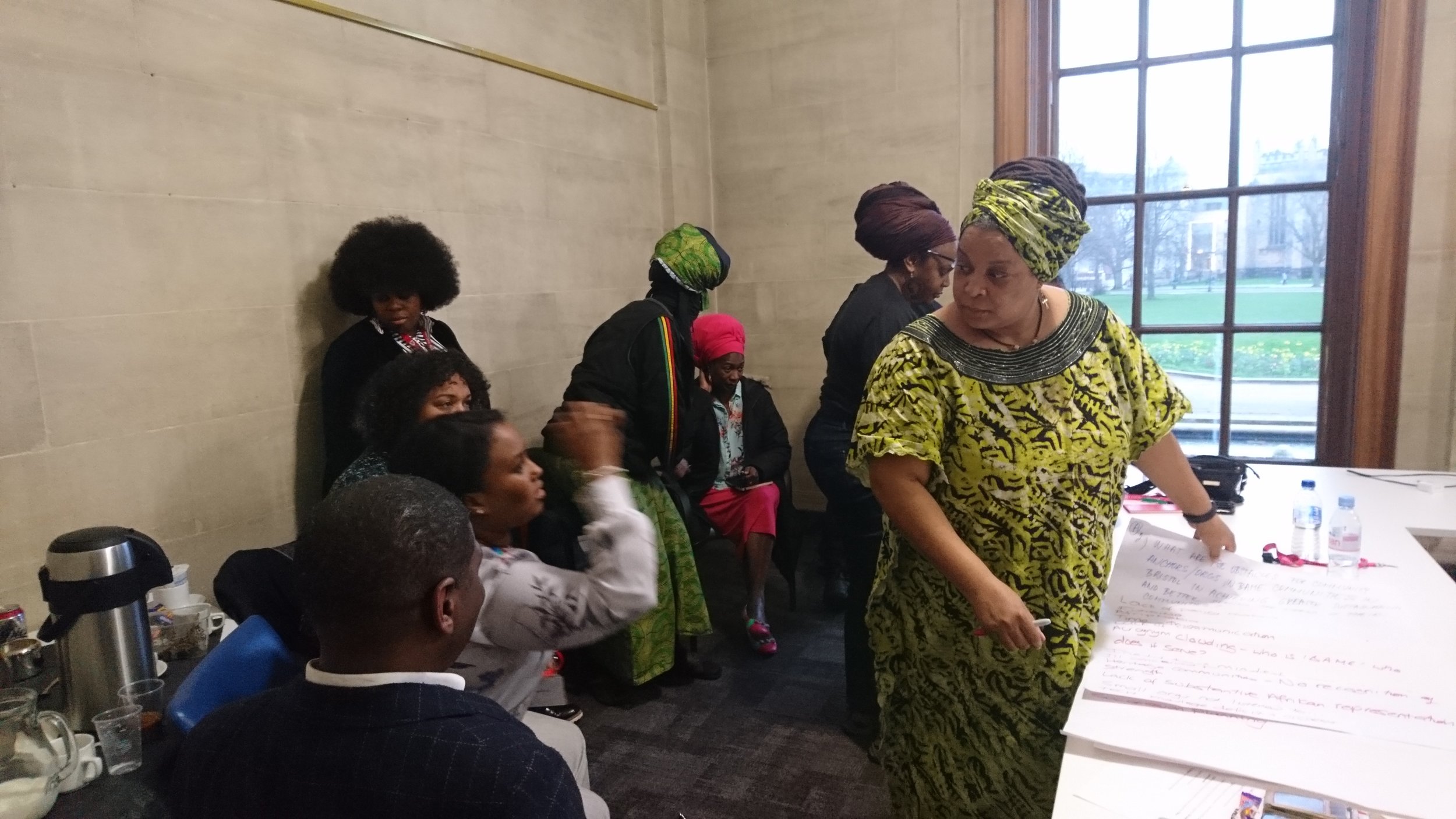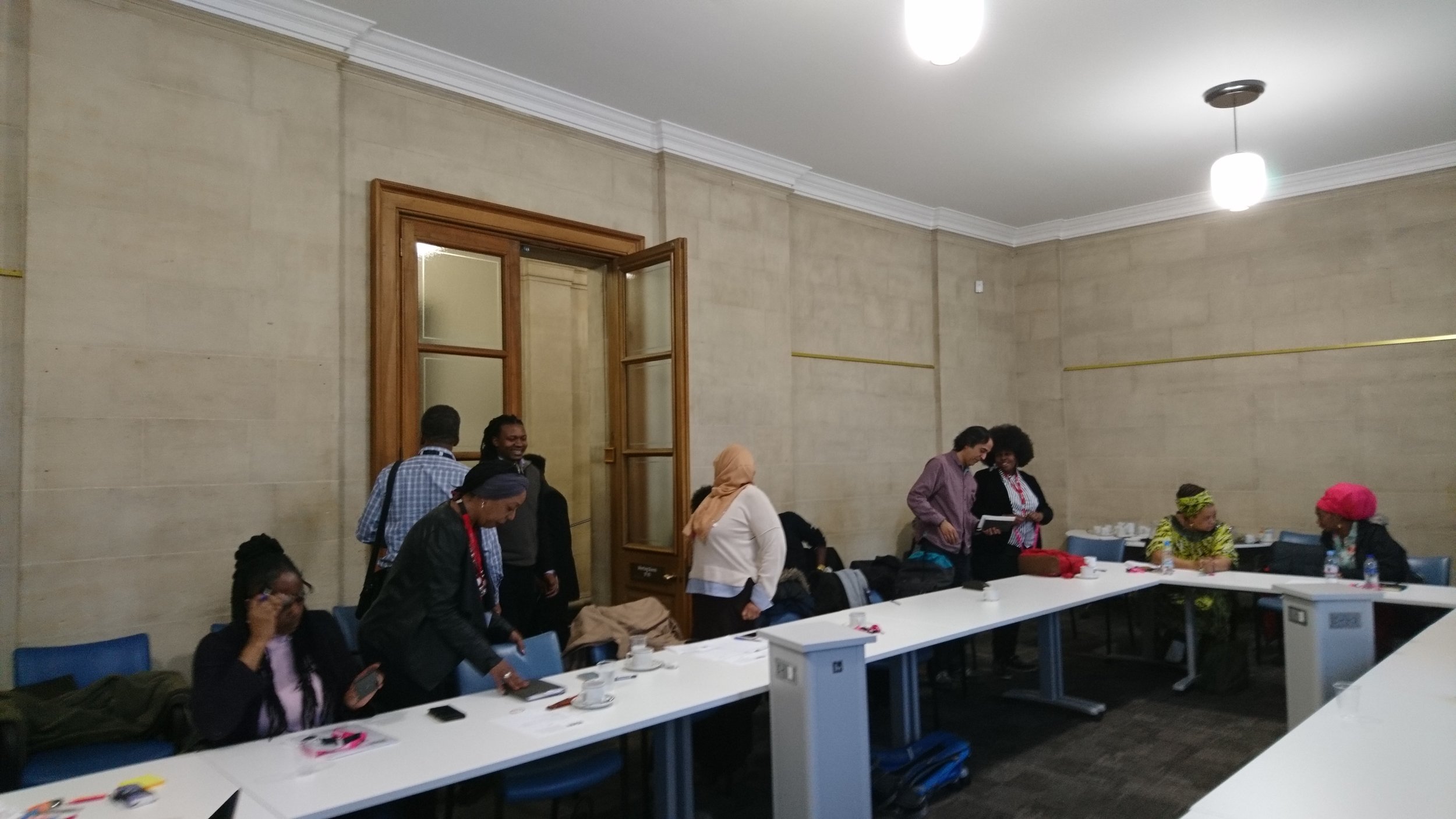BSWN has been commissioned by Power to Change to conduct research on the state of the BAME sector with a focus on Community/Anchor organisations to help inform their funding/ investment plans for Bristol. In addition, we have also secured funding from Barrow Cadbury Trust under the Connect Fund, to carry out a similar research with a focus on challenges facing BAME social enterprises/anchor organisations secure social investment, followed by an 18 month Investment Readiness support programme.
We are excited by both pieces of work as it will enable us to have the evidence needed to better understand the needs of the sector, unlock additional resources for the sector, and most importantly ensure key policy and strategic city development plans around Community Asset Transfer, Mayor’s One City Plan, Strategic City Funds and Neighbourhood future plans are aligned and informed by community needs.
With this view, BSWN organised a BAME Sector Roundtable meeting on 17th April at the City Hall, in order to invite and hear from local BAME sector representatives, local active members of community, and business and charitable organisations. The meeting was cohosted by Deputy Mayor Asher Craig and our director, Sado Jirde, who explained in more detail the objectives of our research programme and invited the guests to ask questions before breaking out into groups to discuss the following questions:
1. What are the opportunities for community anchors / organisations in BAME communities in Bristol in achieving greater sustainability and better serving the needs of their communities?
The two most prominent themes that arose from this discussion were the need for building trust and collaboration within the sector, and the need to better understand what position with the power-brokers in the city the BAME sector has, and how they can contribute to building an inclusive framework.
2. What are the obstacles for community anchors / organisations in BAME communities in Bristol in achieving greater sustainability and better serving the needs of their communities?
The top three common obstacles mentioned were lack of skills, lack of funding, and lack of capacity within BAME-led organisations to expand, collaborate and apply for funding.
3. What type of infrastructure support is needed to help community businesses / organisations to emerge and flourish?
The groups discussed that more funding, the need for accountability in procurement, and a safe and facilitated environment for collaboration within the sector would provide some support to help them flourish.




